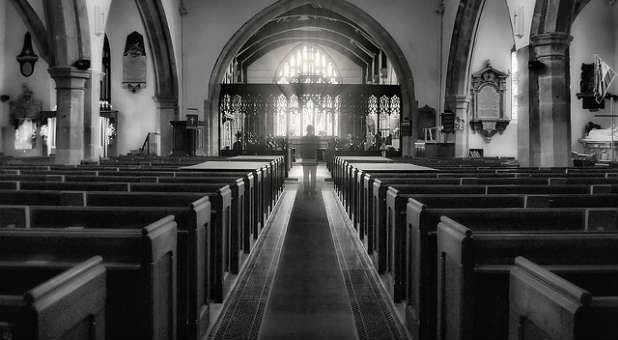The European Court of Human Rights Tuesday strengthened the right of churches to operate freely without government interference.
ADF International filed an expert brief in the case Nagy v. Hungary, arguing that, according to international law, churches and religious organizations are entitled to manage their internal affairs without interference by the government or other state bodies. With its ruling, the court strengthened the principle of church autonomy at the center of the right to freedom of religion.
“The right to church autonomy is protected by the European Convention on Human Rights and is necessary for religious institutions and even democracy itself to function properly,” said ADF International Senior Legal Counsel Paul Coleman. “In the year that we celebrate the 800th anniversary of the Magna Carta, which first laid down the principle of church autonomy, we welcome this ECHR decision, which protects the institutional freedom of faith groups across Europe.”
In its brief, ADF International highlighted the court’s previous case law, which safeguarded religious freedom as one of the cornerstones of a democratic society and “one of the elements that make up the identity of believers and their conception of life.”
In 2009, Hungarian church minister Karoly Nagy filed an application with the ECHR, complaining that the state courts refused to weigh in on a matter of internal church discipline.
The dispute dates back to 2005, when an ecclesiastical court removed Nagy from his pastoral post following church disciplinary proceedings that had been brought against him. A second ecclesiastical court upheld this decision and dismissed Nagy’s appeal.
He then sought legal redress through the Hungarian court system. The case went to the Hungarian Supreme Court, which refused to accept jurisdiction on the basis that “the parties established between themselves a pastoral service relationship, regulated by ecclesiastical law.”
The ECHR ruled that the Hungarian courts were perfectly entitled to refuse adjudication of the case, therefore strengthening the right of churches to manage their internal affairs free from state intervention.







































